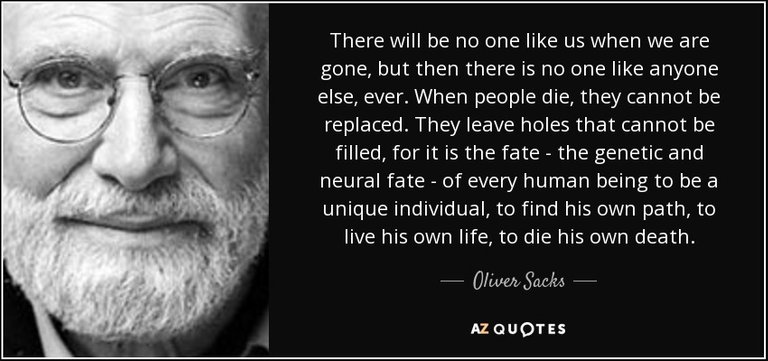
Held together By A Belief?
A common assumption that's systemic within the collective psyche is conformity which basically signifies agreeability. However, as I see it, conformity is an external disposition, and agreeability is also a matter of internality. Consequently, a person might adapt to the need of group membership whereas secretly disagreeing with the group, all at once.
Therefore, essential to collectivism is not agreeability but conformity. Whereas beliefs might secretly disagree, from one person to another, the required factor is that the individual adheres to the traditions of his collective. It isn't belief that unites a non-secular body, however, the traditional roles its members play.
Conveying Your Own Opinion
Throughout Church history, heretical positions are held by a variety of its most devout members. Among monastic life, it had been not uncommon for a monk to question the authority and teachings of the Church. However, in doing, therefore, he was ordinarily advised to keep his doubts a secret.
Martin Luther in confessing his misgivings to his confessor, Johann von Staupitz, was graciously assured his problems were acceptable as long as they were kept secret. The mandatory thing to the Church, like every other collective, is not the inner orientation of its members, however, the external traditions that they exemplify.
Individuals Uniqueness
In fact, beliefs, being a matter of subjectivity, are naturally divisive. Of course, some beliefs are genuinely held in common but not all beliefs. To the degree by which they differ is the degree by that a man's internal perspective is disagreeable.
However, it is the individual's use of personae that hides these rifts in agreeability. Personae are selected by tradition; they are sanctioned and institutionalised roles supposed for the practicality of a society. Without personae, the collective would stop operating.
So, although beliefs may divide a collective, tradition holds it together. A collective that respects individual beliefs should sacrifice conformity, and in sacrificing conformity, sacrifices tradition. It's more an aggregation of opinionated people than it is a tightly held collective.
